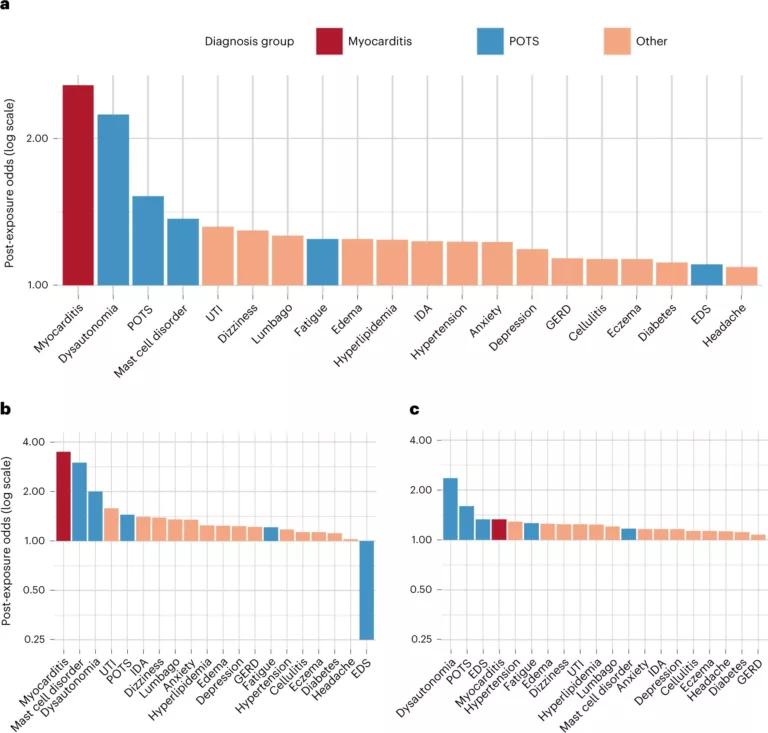If you have walked through the vegetable, meat or dairy section of any supermarket recently, no doubt you will have noticed the price distinction between ‘ordinary’ foods, and the much sought after organic produce. With waves in public health movements and an increasing awareness of our impact on the environment, organic foods are rapidly becoming a staple choice, with the US spending $56 billion on organic food in 2020. But just how different are these items? And should we be splashing the extra cash? The term organic refers to elements in the production process of the food. To be classed as organic, there must be no use of fertilisers, pesticides, or fungicides when growing crops, and livestock must be free range and not treated with any growth hormones. It also rules out any use of genetic modification of products. Whilst these measures may seem to be unequivocally good for health and the environment, the truth is much more complicated. A 2003 study found that organic corn and berries contain up to 58% more antioxidants and 52% more vitamin C compared to non-organic products. This is likely because organic food cannot rely on added pesticides and fungicides for protection against disease, increasing their production of antioxidants. This makes for a healthier product to consume, seeing as antioxidants are used to help protect cells against damage, and have been shown to reduce the risk of cancer. A meta-analysis of 67 studies that compared the nutritional profile of organic meat and non-organic meat found a consistent pattern that organic meat had lower levels of saturated fats, and higher levels of omega 3, meaning a switch to organic meat would lead to a lower risk of heart disease. However, evidence for health benefits of organic food is highly contested, with many reviews finding no such patterns. For example, an observational study in 2014 looked at 623,080 individuals eating either organic and non-organic foods, and found no difference in the risk of cancer, despite claims that the antioxidants in organic food should reduce the risk. The conflicting health claims of organic food have likely arisen due to the many factors that can affect the nutritional profile of food, such as the soil quality, precipitation level, genetics of the plant or animal, and time of year. Therefore, it is very difficult to control for all confounding factors, and it is harder to draw blanket conclusions. Whilst the health impacts of organic food are highly contended, the evidence of environmental impacts is more consistent. On a small scale, switching to organic methods of producing meat, dairy and produce leads to significant increases in biodiversity. This is because organic production supports a greater range of insects and plants, seeing as they are not killed off by toxic pesticides and herbicides, meaning a greater diversity of animals are supported further up the food chain. A decreased input of these chemicals also reduces the toxic agricultural runoff into nearby freshwater ecosystems. This is important, seeing as when fertilisers drain into lakes and ponds, they lead to a process known as eutrophication. This refers to rapid algal blooms which are quickly followed by areas of algae death and oxygen depletion, decreasing the ability for any other species to survive in that area. Although the reduction in chemicals and subsequent increase in biodiversity make a strong argument for the benefits of organic food on the environment, we must look through a broader lens to see the full picture. When looking at the sustainability of producing food organically worldwide, it soon becomes apparent that this is not a feasible option. This is because the yield of organic food is about 50% lower than that of non-organic food, meaning we need to farm double the amount of land to end up with the same amount of food. Out of the habitable land on Earth, 50% is already dedicated to agriculture, and this demand for land is only going to rise with the growing human population. Moreover, as the temperature warms and patterns of precipitation become more unpredictable, climate change is rapidly rendering whole swathes of land unusable. This is particularly true for the growth of organic produce, seeing as conditions need to be more optimal to achieve the correct nutrient and microorganism profile to promote plant growth. Whilst increasing the land dedicated to farming has been an efficient way to keep pace with demand in the past, this is no longer an option. It is depleting much needed carbon sinks due to the deforestation required to clear land, and is having catastrophic implications for biodiversity loss. Clearly, efforts now need to focus on increasing the yield of food we can produce per hectare, and organic methods are not tailored to this need. Despite the advantages that come from switching to organic methods on a small scale, the increased carbon cost that comes with it means that organic food is not sustainable worldwide. If we want to decrease the carbon cost of our diet, and indeed improve our health, we should all be looking towards having a more plant-based diet. With a wide array of micronutrients and minerals present in plants, as well as fibre and complete proteins, the health benefits of a plant-based diet are abundant. Eating foods further down the food chain also decreases the land needed to produce these foods and decreases the carbon emissions from the food production. So, next time you are tossing up between the expensive organic apples or cheaper non-organic ones, ask yourself if this is in fact the most important choice to be making? Or should our attention instead be turned to increasing the number of plants in our shopping basket? Image credit: Joel Wakefield via yourstrulyorganic.com Image description: Organic fruit and vegetables
This content was originally published here.




















